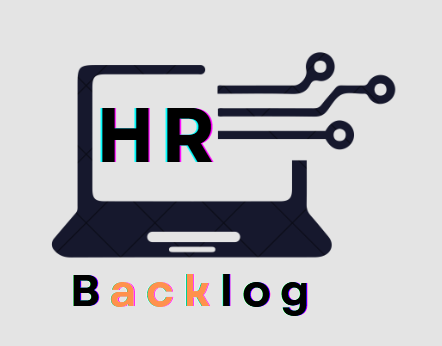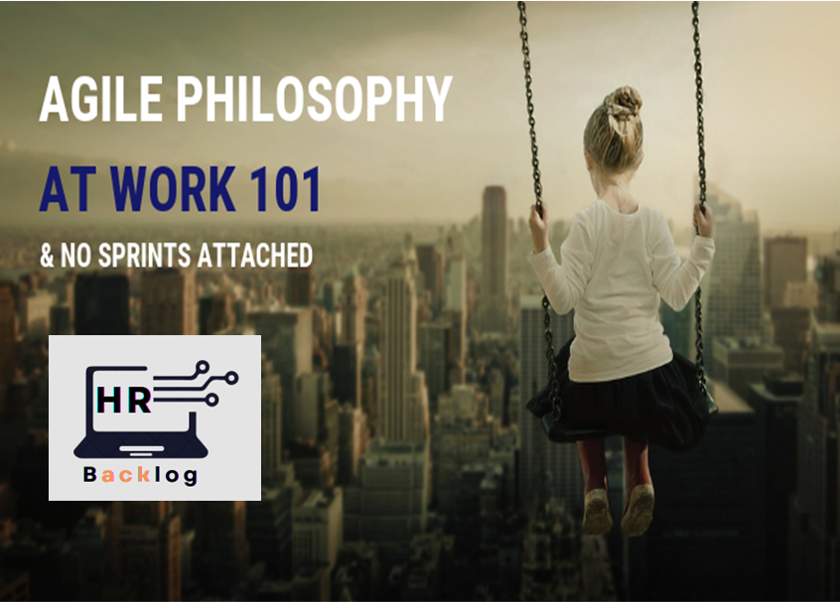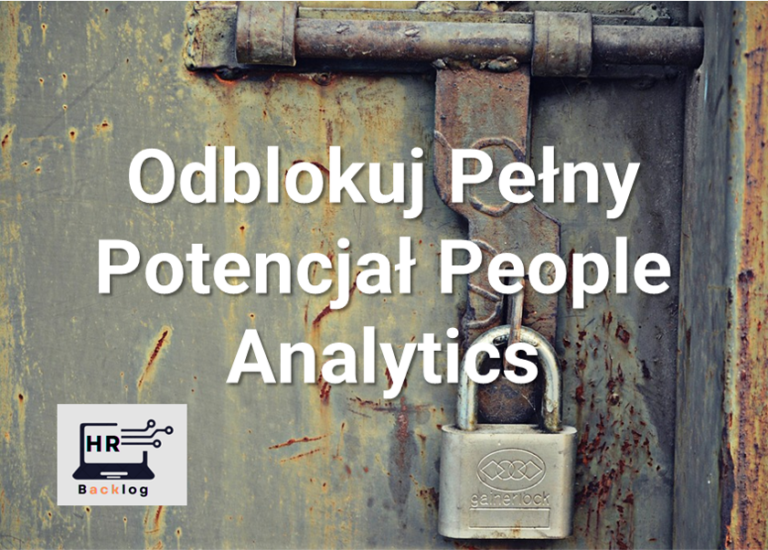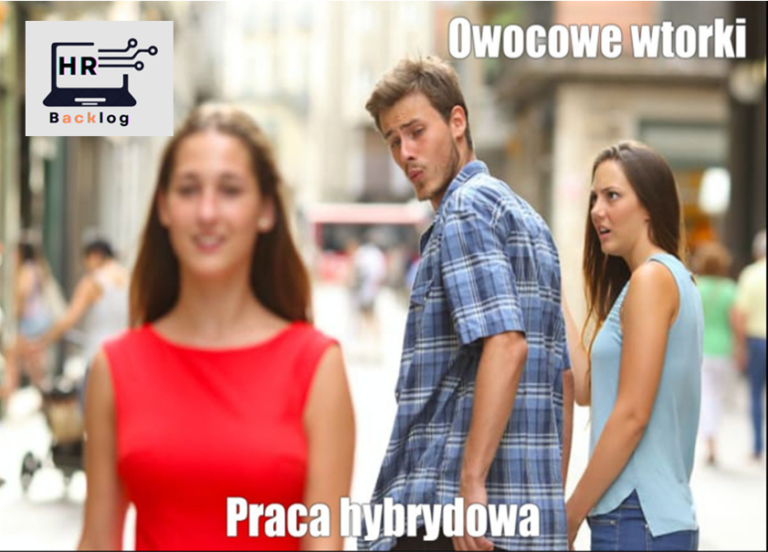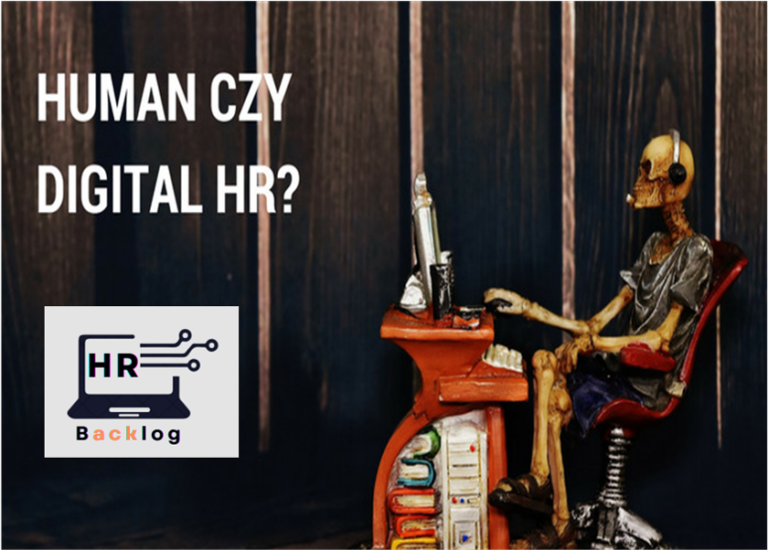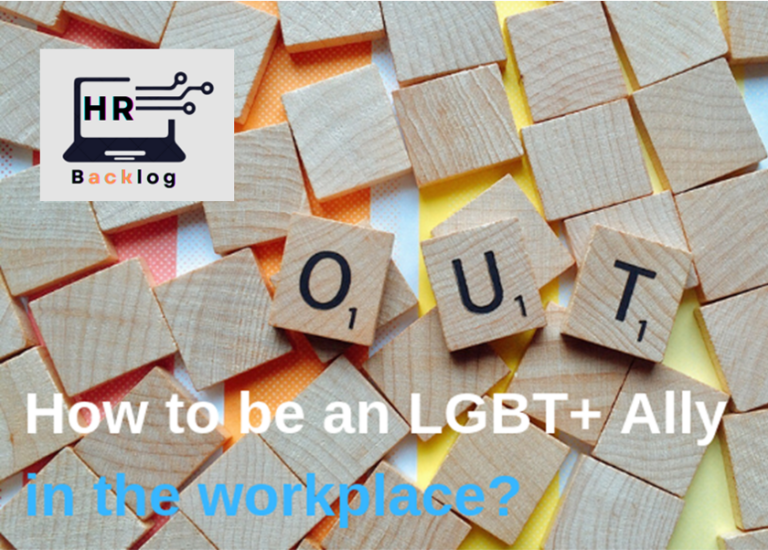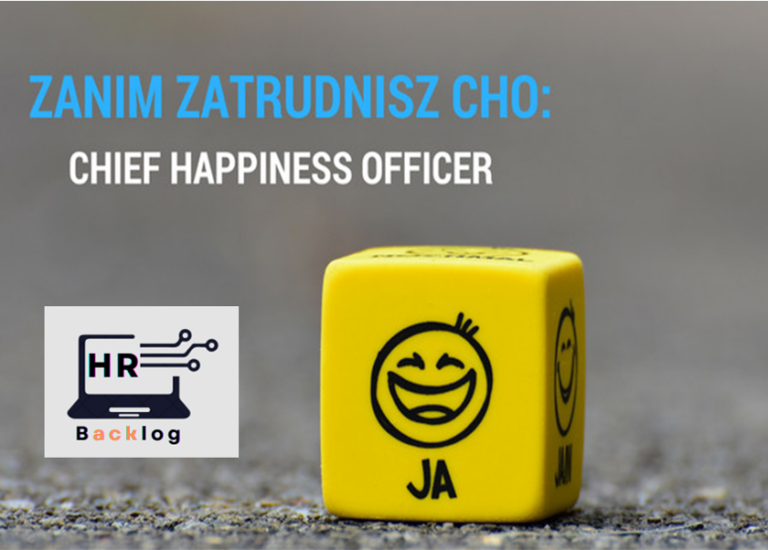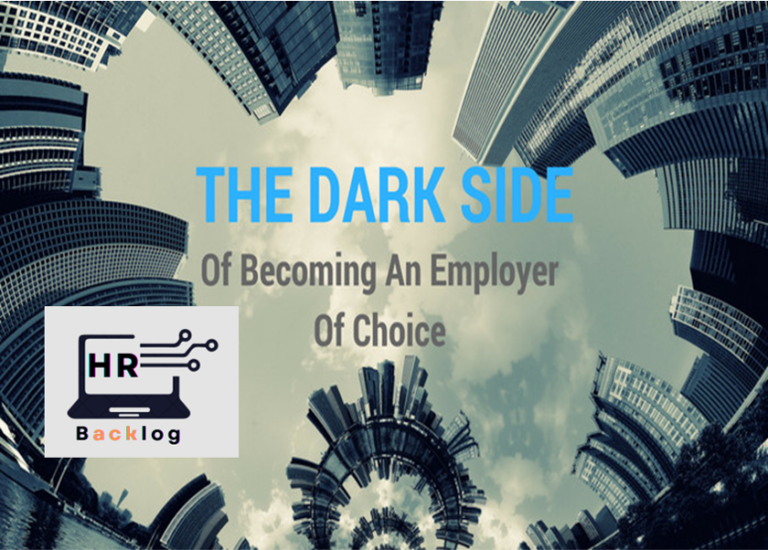Agile Philosophy At Work 101
Artykuł oryginalnie opublikowany na Linkedin, 04.09.2018
It seems that nowadays almost every business meeting starts or ends with the conclusion that we need to „get more agile”. Even outside the IT industry. I see it as a funny paradox that software development methodology is seen as a way to improve everything – even the most human related area of each business, the human resources.
Please raise your hand (or comment) if you haven’t heard in the past month that you need to be more „agile”! A real bingo is when you can make something more agile with #BigData… isn’t it?
Before I go any further let me explain one thing – I am myself a believer, truly converted to agile thinking. As an HR professional, a psychology major, I may seem to have little in common with IT, and I am not a scrum master and have never worked in a sprint. But I was working in consulting, did a handful of projects and most important – I am working with people from C-suite managers to first year students, and these experiences got me in to the agile mood.
I will explain my own personal „agile philosophy” that might help you improve the way you run projects or design processes, especially in non-IT areas. If this sounds like a blasphemy please stop reading now – as I won’t be citing any of the big-thinkers.
How People Misunderstand Agile?
The idea that business has to be more agile, is so overused, that it leads to many misassumptions and corrupts the core ideas. I myself was thinking about agile in a naive, intuitive way, until I did a bit more of digging – reading and training. And then all of my experiences and ideas somehow got together like a perfectly fitting puzzle.
The most common misassumptions, that corrupt the idea of agile approach come down to these points: 1) it is about being fast, 2) it is about getting more digital, 3) it is about perfecting the sprints and daily scrum process, 4) it is great because Millennials like it. If you imagine a manager who is busy and is just briefly acquiring new concepts, or is losing ground and seeks a solution – the above 4 statements would be a selling point for any initiative.
That is why it is so easy to go „agile” with everything – as we are all busy and overwhelmed with challenges. We get tricked into the idea that everything needs to be fast, digital and most importantly, appealing to Millenials. An all-in-one cloud based service with a complimentary personalized smartphone App sounds like the best thing in the world. Everything is summarized with #agile, #bigdata and #disruption – unfortunately often this is nothing but a ramble of words and leads to poor results.
So What is Agile Really About?
Surprisingly, if you read the original agile manifesto, you would find things that are quite the opposite to being fast, digital and cool. Here is the key excerpt from the manifesto, that highlights the core values of agile approach:
- Individuals and interactions over processes and tools.
- Working software over comprehensive documentation.
- Customer collaboration over contract negotiation.
- Responding to change over following a plan.
When I read the manifesto for the first time, it stroke me as one of the most humanistic, honest, and even positive psychology oriented things I have ever read in business world context. And it comes from the IT world – which as I mentioned is a wonderful paradox.
So what is it all about?
It is not about being fast – speed is a result of good communication, responding to change and delivering measurable results, and willingness to understand the client (listening to the counterpart).
It is not about digital – it is about good value, if the solution is digital, we should do it, but if it is not – we will tell you it is not a good solution.
It is not about mastering the process of Scrum – there are many other ways (methods) to go agile. Even the scrum is not about the scrum! Basicly scrum is not some fancy acronym, but originally it is the moment in rugby when the players get together in a circle, arm in arm, and do some magic stuff with the rugby ball. So it is about people getting close together, focusing on one thing. Which basically means good teamwork.
And finally, it is not about the Millennials. Agile means being open to changes and honest. Millennials can’t stand any insincerity – that is why it is appealing to them. I personally see this as a great strength of Millenials and the already stigmatized Z generation that follows – they don’t allow status quo, and challenge all the „acknowledged truths”.
Agile vs Waterfall Thinking in Everyday Work
I promised to unveil my personal „agile philosophy” for non-IT purposes, so here it is:
the real agile approach comes down to taking small steps, honesty, acknowledging limitations and people working together towards a common goal that has a real value.
Only then we will see adaptation to changes and delivering value happen – without any scrum meetings. I really would like to see this kind of simple philosophy to enlighten our offices and every day work – maybe then the mythical employee engagement would not be such an issue anymore.
Honesty & Value, mentioned here a couple times already, are the key differentiators between agile and waterfall. To me, waterfall resembles not only the consulting and project management style that was common in the 80s&90s, but a general “old” mindset towards the society and the world. In an extreme, exaggerated way – it is about delivering the final result no matter at what cost. We signed the contract, we delivered something that fits the checklist – you pay. We want to make money! But it is also poor every day management – copy-paste performance feedback, painting the grass greener before a project presentation. To sum up – Anything that comes with dishonesty and does not acknowledge the needs of the counterpart.
And just like the egalitarian french revolution has disrupted the absolutistic ancien régime, the agile & gig economy revolution is disrupting the business (waterfall) world in general.
The inability to be true about the reality is something that limits us in our peer-to-peer, manager-employee, customer-client relations. Agile manifesto defines it clearly: if you made a mistake when planning, change the contract assumptions and simply define new possible deliverables. Not noticing the point that we need to be HONEST and bring VALUE is the reason why so many, even well designed processes become corrupted.
Bringing honesty and value to every day work can mean many things. Admitting to your mistakes, revealing that project is delayed It is also uncovering lack of knowledge, communicating low performance and giving feedback, showing uncertainty and doubt as a manager. From value perspective It could be also putting CSR and sustainability, or even ESG perspective into the business.
Happy Ending
Although my suggested every day work philosophy is quite simple, I admit it is hard to follow. But it works! I am currently involved in a process of implementing a totally new solution at my company. At the buy-in meeting with top management we talked about the benefits, but we did not present our idea as a perfectly wrapped gift. Instead, we said we are testing the solution and that there can be bumps along the way. I remember using the words „let’s be agile about it” quite a few times. And you know what? I think it worked! We are rolling out the project and although it is progressing well, I will not be afraid to bring out any red flags if they appear.
So to reiterate – it all comes down to taking small steps, honesty, acknowledging limitations and people working together towards a common goal that has a real value.
Good luck!
